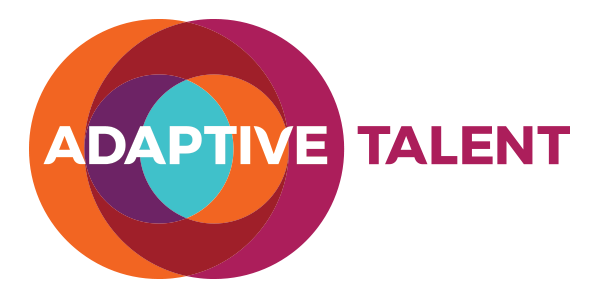We all run into difficult people who – like it or not – are there to teach us more about ourselves. I know it sounds crazy, especially when all you want to do is throw a brick at someone, but people are mirrors of us and through our introspection we are able to more clearly see where we are alike and where we share common traits.
It’s those common needs or traits, especially the ones that trigger us the hardest, that offer us the greatest personal growth. To help you with this journey, start with “what”and “how” questions to help you understand the layer underneath the immediate reaction:
- What’s at risk with this behaviour?
- And what’s at risk if that happened?
- And what’s at risk if those things happened?
- How have my own behaviours supported that behaviour?
- How have I demonstrated similar behaviour or held the same beliefs?
As you do this, it’s important to get yourself in a chilled out head space where your curious side can drive the exploration. Don’t expect to have this flash of clarity; be happy with a few really rich questions popping into your head that you can go back to throughout the week. It’s through this gentle exploration that you’ll start to more closely see what’s fueling your own reaction.
Deepak Chopra just penned this solid article on LinkedIn with three questions you can ask yourself:
1. Can I change the situation?
2. Do I have to put up with it instead?
3. Should I just walk away?
Lots of great points to consider, but for me the important piece is acknowledging we all have a choice in our reaction. When I coach executives, we break down three reactive tendencies to a perceived threat, which is when people limit their personal effectiveness with less than optimal behaviours: they try and control a situation, typically by focusing so heavily on tasks, results, and power (usually their positional power) that they isolate others; they distance themselves from others, typically through criticizing others or putting a ton of energy into appearing perfect at the expense of authentic and cooperative relationships; or they comply, and go along to just get along even if they know it’s not best for the situation (to be liked or included is paramount).
When you are faced with a difficult person, I’d suggest following Deepak’s process but also layering in reflection around your personal values and seeing how this situation as a whole is in alignment overall with your values. If the answer is “95% of the time” and it’s just this person displaying some or all of these reactive tendencies, then often being curious and empathetic is a huge tool for helping you connect with a person, either to help them bridge new behaviours and beliefs, or a way for you to find a new perspective on your interactions with them.
If, however, your reflection tells you that your values are not matched with this situation over the long term (that can be how the organization operates, or how the people there treat each other, etc.), then that person may be a great gift to you as a call to action (or, as my Mom says “a kick in the pants to get moving”). Often what makes us the most angry are our personal values being “stepped upon”.
The great thing about life is that our choices drive our reality; perception, relationships, motivation. It’s this freedom that allows even difficult people to teach us about ourselves and provide motivation for growth.
—
Adaptive Talent is a talent consultancy designed to help organizations achieve amazing results and ongoing adaptability. Founded in 2008 and based in Vancouver, Canada we offer retained search, assessments, total rewards consulting, training, leadership coaching and development programs, and culture & organizational development consulting.

